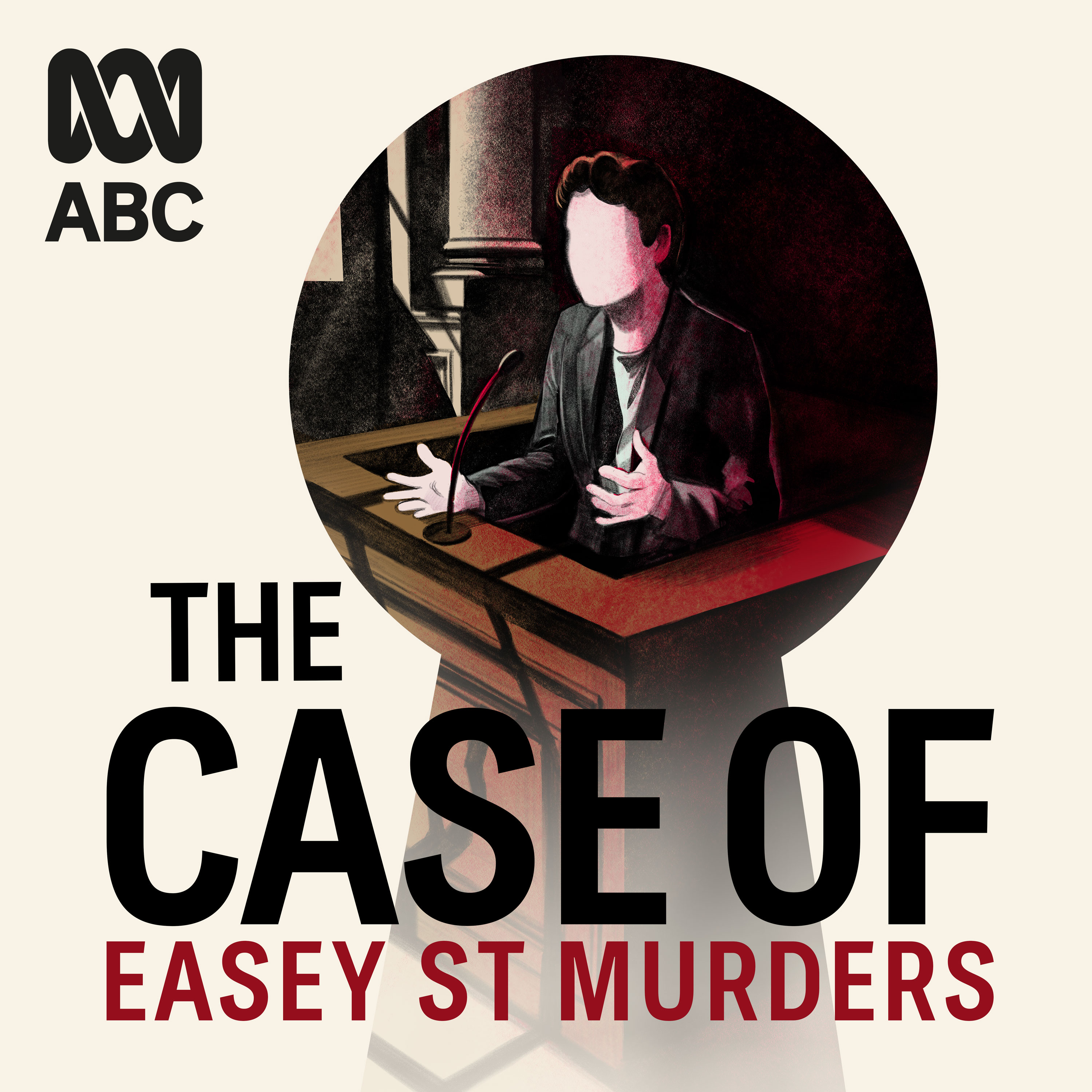Snowtown Parole: A murderer in transition
A quarter of a century after being imprisoned, quadruple-murderer James Vlassakis is preparing to begin his parole in Adelaide. He will be based at a pre-release centre, soon to begin the adjustment to modern day life — a very different world to the one he left 26 years ago.
In this episode, ABC reporters James Wakelin and Rebecca Brice join Stephen Stockwell to discuss through Vlassakis's behaviour and experiences in prison, how the parole board considered his application, and how he'll be reintegrated to life outside.
If you have any questions you'd like James, Beck Stocky to answer in future episodes, please email thecaseof@abc.net.au.
You can read more about the murders and how they’re felt in South Australia now in this article by James Wakelin and Rebecca Brice. You can also listen back to episode one and episode two of The Case of Snowtown Parole for more detail of how we got here.
The Case Of is the follow-up to the hit podcast Mushroom Case Daily, and all episodes of that show will remain available in the back catalogue of The Case Of.
Press play and read along
Transcript
Transcript is processing—check back soon.



